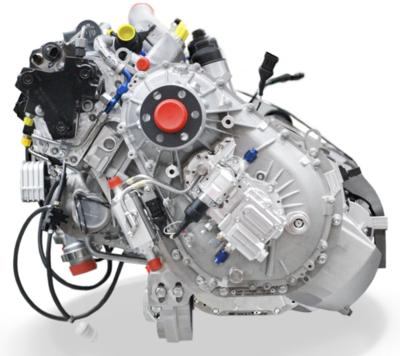Wed, Aug 12, 2020
Advertisement
More News
 Aero-News: Quote of the Day (10.09.25)
Aero-News: Quote of the Day (10.09.25)
“...inaccurate assumptions about the low-altitude operating environment, which could inadvertently weaken established safety frameworks and introduce unnecessary hazards into>[...]
 ANN's Daily Aero-Linx (10.09.25)
ANN's Daily Aero-Linx (10.09.25)
Aero Linx: British Airline Pilots' Association (BALPA) BALPA is the union and professional association for pilots in the UK. Our members work together to protect the piloting profe>[...]
 Airborne-NextGen 10.07.25: Drone-V-Crane, Skydweller, FlyNow eCopter
Airborne-NextGen 10.07.25: Drone-V-Crane, Skydweller, FlyNow eCopter
Also: USAF Reactivates Squadron For Drone Ops, Beyond Aero, Vertical Aerospace, Archer Midnight Amazon Prime Air has halted its unmanned delivery operations after two of its MK30 d>[...]
 Airborne 10.08.25: Deltahawk Seminole Sale!, FAA Move, French ATC NON-Strike
Airborne 10.08.25: Deltahawk Seminole Sale!, FAA Move, French ATC NON-Strike
Also: New NOTAM Service, 737 Production Cap, RNZAF NH90 Helis, ATC Sick Days Trend Up Just over three months after hitting the market, Piper Aircraft’s diesel-powered multi-e>[...]
 Aero-FAQ: Dave Juwel's Aviation Marketing Stories -- ITBOA BNITBOB
Aero-FAQ: Dave Juwel's Aviation Marketing Stories -- ITBOA BNITBOB
Dave Juwel's Aviation Marketing Stories ITBOA BNITBOB ... what does that mean? It's not gibberish, it's a lengthy acronym for "In The Business Of Aviation ... But Not In The Busine>[...]
blog comments powered by Disqus




